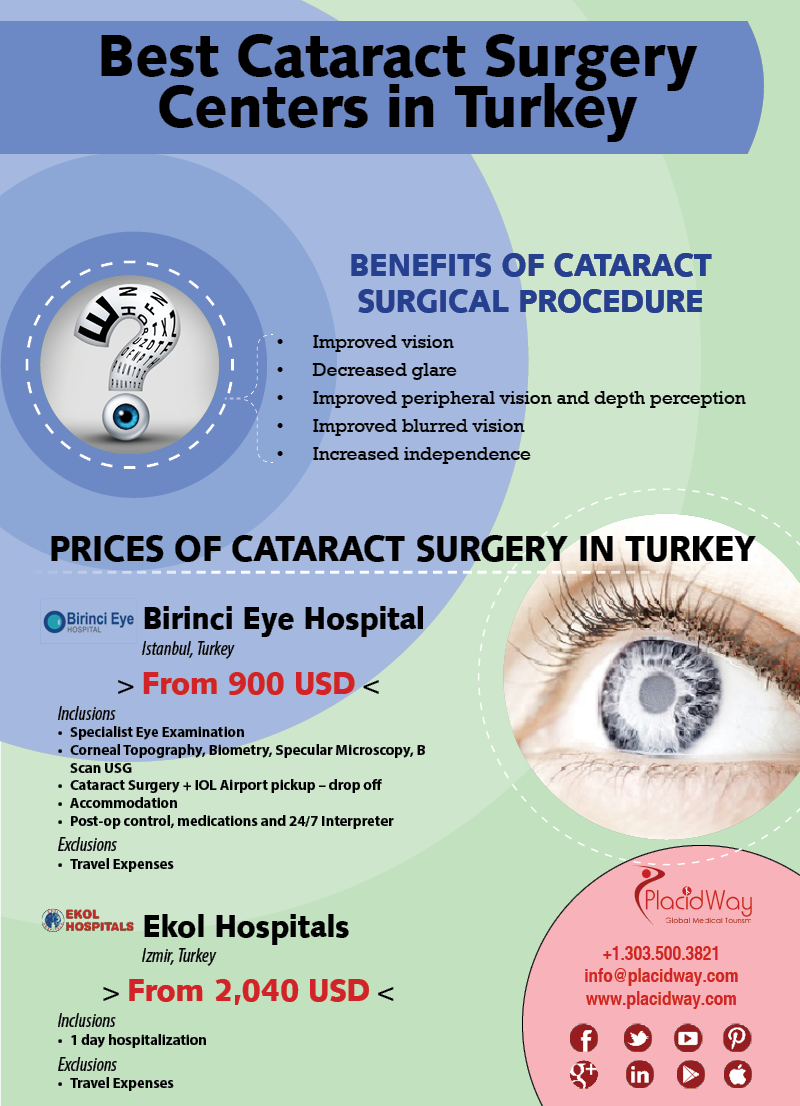Content Author-Brewer Cohen
When it pertains to eye health and wellness, understanding exactly how usually to see an optometrist is critical at every phase of life. From babies to seniors, each age has details standards that can aid maintain ideal vision. Recognizing these recommendations can stop prospective issues down the line. So, just what are check over herea for each and every age brace? Let's break it down to guarantee you're taking the ideal steps for your eye care.
Eye Test Recommendations for Newborns and Toddlers
When it concerns eye exams for babies and young children, very early discovery is crucial. You must arrange your kid's very first eye test around 6 months old. This preliminary check out aids recognize any type of possible vision troubles at an early stage.
Afterwards, it's best to have an additional exam at age three. By this age, your youngster can reply to fundamental vision examinations, making it less complicated for the eye doctor to assess their sight.
If your child has any kind of risk aspects, such as a family history of eye issues, do not wait to consult your optometrist earlier. Normal check-ups are important to guarantee your kid's visual development remains on track.
Eye Examination Standards for Kid and Teenagers
As your child becomes school-age child and beyond, preserving normal eye tests comes to be significantly essential.
It's crucial to guarantee their vision is creating effectively, particularly as they start school and encounter brand-new knowing challenges. The American Optometric Organization suggests that kids have their first comprehensive eye exam at age 5 or before starting kindergarten.
Afterwards, schedule exams each to two years, depending upon their vision requirements and any type of existing problems. If your child uses glasses or contacts, they'll require annual check-ups.
Watch out for indicators of vision problems, like squinting or trouble checking out the board. Early detection can make a considerable difference in your child's scholastic efficiency and overall well-being.
Eye Examination Frequency for Grownups and Seniors
Normal eye exams are vital for adults and elders, typically recommended every one to 2 years, relying on your age and general eye wellness. If Omaha Optometrist Who Accept Medicaid than 60 or have certain conditions like diabetic issues or glaucoma, you may need yearly examinations.
These tests aid find problems early, guaranteeing you maintain good vision and overall eye wellness.
During your visit, your optometrist will assess your vision, check for refractive errors, and screen for potential eye illness.
Don't wait up until you notice issues; proactive treatment is vital. If you use glasses or contact lenses, bring them along, and review any kind of changes in your vision.
Final thought
In recap, staying on top of eye examinations is critical for preserving excellent vision health at every age. Ensure your youngsters see an optometrist by six months and once more at three. For children and teenagers, extensive exams are important by age 5 and each to 2 years after. As adults, aim for a test every one to two years, while elders need to prioritize yearly examinations. Routine eye treatment aids catch problems early and keeps your vision sharp!

